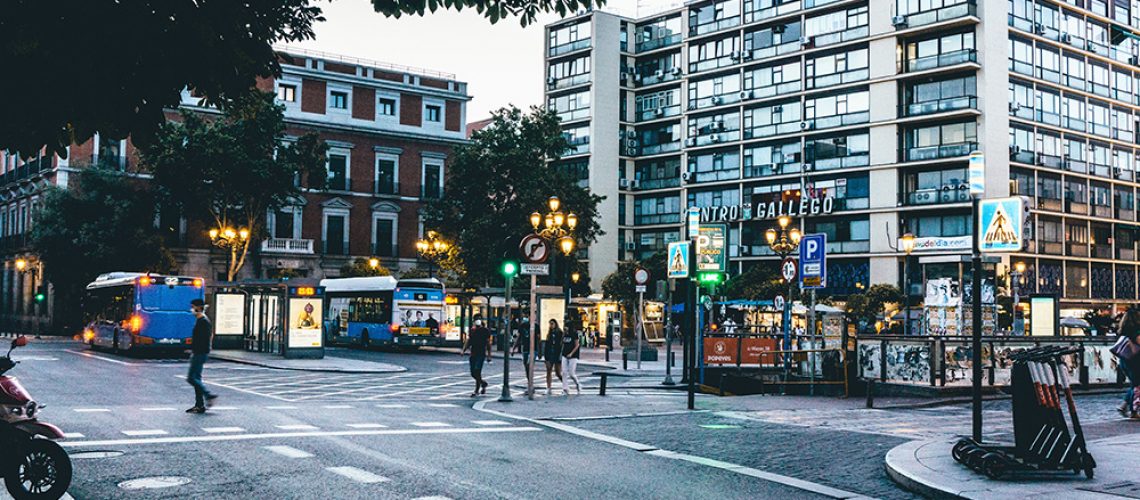In December 2022, the Chain Bridge in Budapest was partially reopened to traffic after the completion of the initial stage of its reconstruction. For years, the iconic landmark of the Hungarian capital has been one of the most congested areas of the city, that will now be accessible only to public transport, taxis and cyclists.
The reconstruction of the oldest bridge in the city began in the summer of 2021, and 18 months later it is partially completed. This is the first reconstruction of the Chain Bridge since World War II, which entailed huge structural renovations.
The Chain Bridge is currently still closed to pedestrians, as the sidewalks are still under construction, but these are expected to be finalised by autumn 2023 when pedestrians can return. Budapest’s Mayor, Gergely Karácsony, announced that after this point a public consultation will be held to decide whether to reopen the bridge to car traffic again or to limit its access to public transport, taxis and bikes.
This is a significant turnover as in the past the bridge was highly congested and characterised by traffic jams. The extensive restoration has cost 18.8 billion Hungarian Forints (around EUR 46 million) and it is scheduled to be finalised by 2023, the year of its 150th anniversary.
The bridge was in decay and its restoration focused mainly on structural elements. In particular, 350 metres of old reinforced concrete roadway were dismantled and restored with 3.5 metre-wide eight-ton steel rods. The elements supporting the structure of the bridge have also been replaced, while other main elements were reinforced, the stone coverings were polished, and the four stone lions sitting on both sides of the Chain Bridge were extensively renovated. They have not been remanufactured in order to keep the historic landmark authenticity.
Finally, historic lanterns have been installed and are the only source of street lighting, in addition to an LED installation for architectural lighting.


